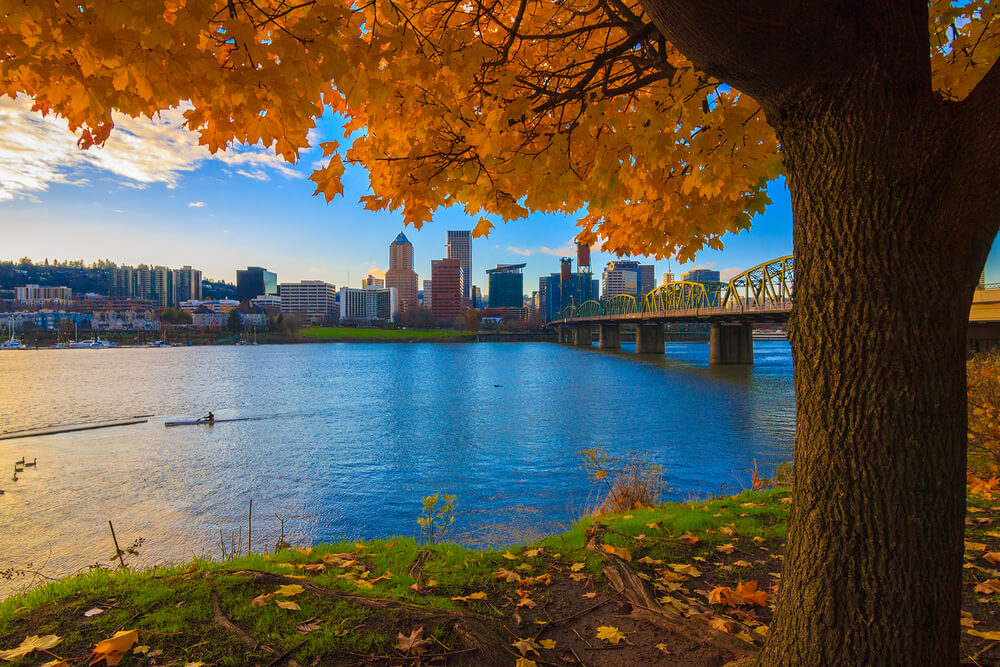Driving long distances can be an amazing and rewarding experience, whether it’s for vacation or professional work. Many professional drivers enjoy the work, especially since they can make money while travelling. At the same time, it can also be a difficult and tedious trip, especially if you aren’t well prepared. If you constantly drive long distances, you should be familiar with the problems that you might encounter. To make the process as safe and smooth as possible, it’s recommended that you take some special precautions and prepare for every road trip.
To help you get started with preparations, we’ve come up with some of the most essential tips you should follow.
-
Plan for your route
A good plan can make all the difference when driving long distances. If you know where you’re heading, preparing for your route in detail will make the drive a much more manageable experience.
One of the most important things you need to figure out is the exact length of the route. This will help you estimate how long you’ll be gone, so you can let people back home know when to expect you. At the same time, you’ll want to know exactly how much you’ll be driving on the route. Planning for rest breaks and recovery days is essential too, as you don’t want to end up exhausted on the road.
Check online to see where you can make lengthy stops. If motels and hotels are few and far between, you should time your stops for optimal rest. With a good plan of action, you can avoid looking for food, stops, and other crucial things while you’re on the road. This will allow you to focus on driving and staying well-rested.
-
Prepare yourself
Driving long distances can be incredibly exhausting, which is why you must prepare yourself as much as you would prepare your vehicle. For starters, you want to be well-fed and well-rested. Before you start driving, make sure you get a full night’s sleep. If you start your drive at a later hour, try to adapt your sleep schedule or throw in a nap to make sure you aren’t tired right from the beginning.
If you’re driving with someone, make sure that they are well-rested as well. If you’re going to take driving in shifts, make sure that the shifts are relatively short. Swapping every couple of hours would be optimal. This helps avoid cramps and fatigue during longer sections of the route.
Any injuries or ailments should be taken care of before you start driving long distances. Repetitive driving tasks can exacerbate physical problems, which means you might have to take more frequent breaks. If you can’t resolve an issue, make sure that you pace yourself during the drive. Get out to stretch and relax from time to time before you continue the drive.
-
Have enough food and water
Taking care of your nutritional needs is a top priority when going anywhere, especially if you’re driving. While it shouldn’t be too difficult to find food and water while covering large distances, this depends on the route that you take. Preparing for a road trip with food and water is crucial. If settlements and gas stations are sparse in the region, you might have to go a couple of hours with only the food you brought.
Taking some snacks with you is always recommended. You don’t have to eat a full meal every time you stop, and snacks are a great compromise. They can take the edge off of hunger and keep you somewhat sated on longer parts of the driving route.
Water should always be the number one priority. You need plenty of it to stay hydrated, focused, and ready to drive. Bring plenty of water on any driving trip, as it can be a lifesaver. Keep in mind that taking lots of water with you will also help you save some money. Bottled water could be more expensive in other regions, which makes bringing your own a better choice.
-
Safety check your vehicle
Preparing for regular drives in the city is quite a bit different from long-distance driving. Car problems are relatively easy to take care of when you’re in the city, and you can always get a mechanic to help you out. When you’re out in the middle of nowhere, any malfunctions could cause major delays and leave you stranded. Because of this, a safety check is highly recommended before any long-distance trip.
Start by getting your vehicle serviced by a professional. Check the battery, get the wheels aligned, and make sure that you have the correct tyres for the journey. If you plan on driving during winter, it’s always a good idea to have snow tyres prepared. Consult a mechanic to make sure that your vehicle is safe and ready for the trip.
-
Prepare for emergencies
You never know when something might go wrong, especially when you’re out on the road. If disaster strikes, you want to be prepared. Keep emergency numbers ready in case you require assistance due to weather or medical issues. If possible, stay on routes that allow you to keep your cellphone signal.
Keep an extra set of keys on you at all times. Countless drivers find themselves stranded because they accidentally left their keys in the vehicle and locked themselves out. If you end up locked out of the vehicle, you can always call a 24-hour car Locksmith to come and help you out. Many services can provide assistance in difficult to reach locations, and they can be lifesavers in these situations. Always keep the number of essential services ready in case you have issues with your locks.
Remember to pack a first-aid kit as well. It can come in handy if you get injured or require basic medical assistance.
-
Read up on local laws
Even experienced drivers can’t know every single traffic law of a particular region. If you aren’t careful, you could end up breaking some minor traffic laws and get yourself in trouble. Demerit points are nothing to scoff at, and you don’t want to accumulate them due to ignorance of local rules.
For example, U-turns are allowed at traffic lights in Queensland, but they aren’t allowed everywhere. There needs to be a special sign that permits them at the traffic light. These signs aren’t nearly as common in NSW, though. It’s also worth noting that default speed limits vary drastically depending on the region. Some places allow 100kmph outside of built-up areas, while others take that number up to 110kmph. Otherwise, you can expect around 60kmph limits.
Conclusion
If you’re looking to drive long distances, you should always start your journeys well prepared. You never know when something might go wrong, and a little precaution can go a long way. Follow the tips that we’ve mentioned above, and you shouldn’t have any trouble taking long trips on the road.






